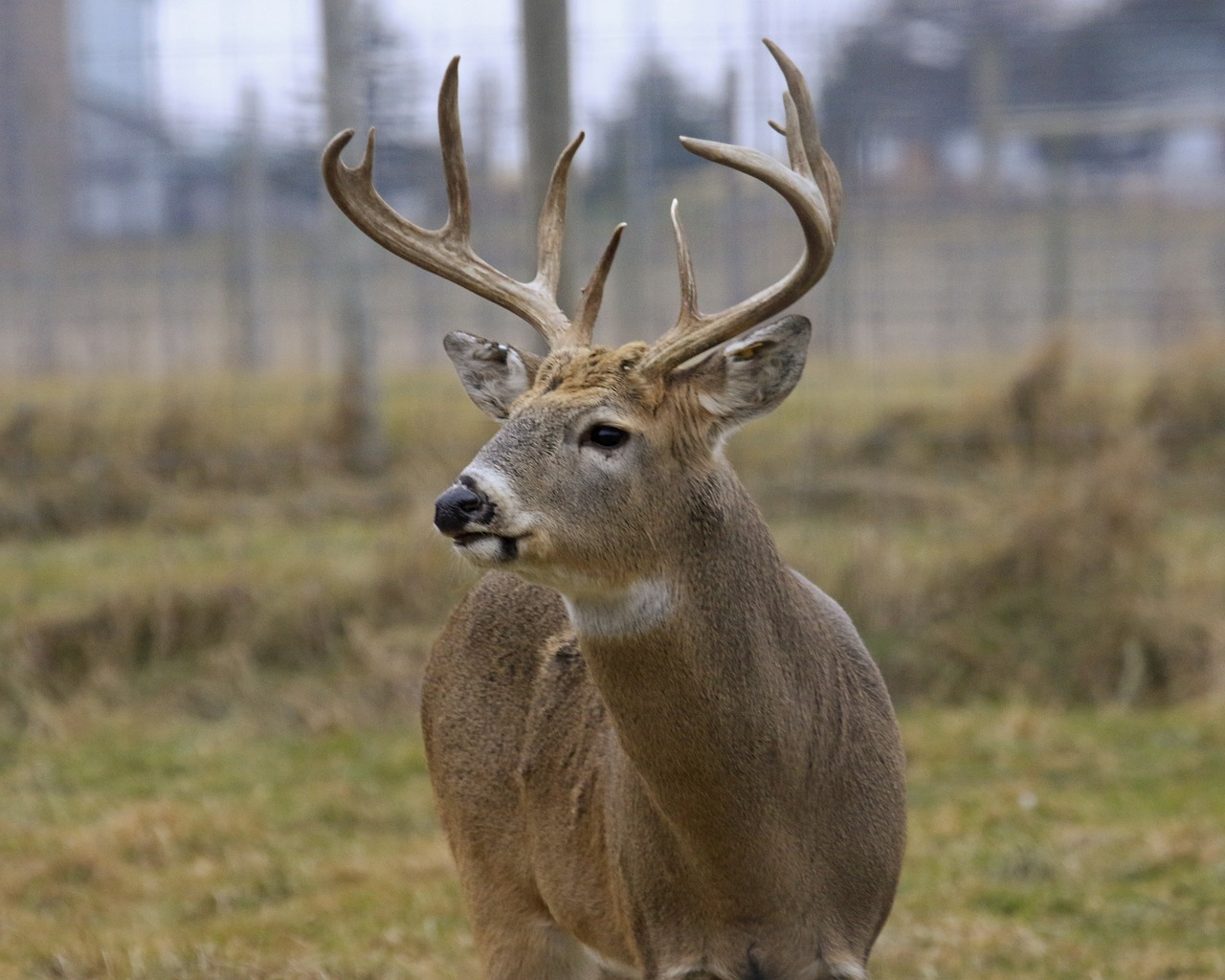How to Get Into Hunting: A Beginner’s Guide to the Wild
Hunting isn’t just a pastime—it’s a return to something deeper. For generations, it’s how humans fed their families, tested their mettle, and stayed in rhythm with the land. If you’ve ever felt the pull of the wild or wondered what it’s like to provide for yourself, getting into hunting might just be the path forward.
Here’s how to get started, the smart way.
1. Understand Why You Want to Hunt
Before you touch a firearm or pull a tag, ask yourself: Why hunting? Whether it’s for food security, conservation, personal challenge, or connecting with your roots, knowing your “why” will guide what game you pursue, the gear you invest in, and the ethics you bring into the field.
2. Know the Laws—And Respect Them
Every state has its own regulations, seasons, licensing requirements, and hunter safety mandates. Visit your state’s fish and game department online. Take the hunter education course—it’s often mandatory and always worthwhile. Knowing the law is part of being a responsible hunter.
3. Choose Your First Quarry Wisely
Start with something accessible. For many, that’s small game: rabbits, squirrels, grouse. Deer hunting is also beginner-friendly in many states thanks to robust populations and widely available tags. Avoid jumping straight into predator or backcountry hunts—cut your teeth on manageable challenges.
4. Gear Up, But Don’t Go Broke
You don’t need a $3,000 rifle or a closet full of camo to start. A reliable .22 for small game or a budget-friendly .308, or something similar, for deer will do just fine. Look for used gear, borrow from a friend, or build your kit over time. Invest in boots, optics, and layered clothing—you’ll thank yourself later.
5. Find a Mentor or Community
You’ll learn more in one season with an experienced hunter than a dozen YouTube videos (except for ours, of course). Reach out locally—conservation groups, hunting forums, or social media circles often welcome newcomers. Nothing replaces firsthand guidance.
6. Scout, Practice, Repeat
Get in the habit of scouting—reading sign, learning terrain, checking trail cams. Practice with your firearm or bow regularly. Ethical hunting means being confident and capable when the moment comes.
7. Learn Field Dressing and Processing
The hunt doesn’t end with the shot. Learn how to gut, skin, and process your game. YouTube helps here, but hands-on experience is gold. Many communities offer field dressing clinics for beginners.
8. Respect the Land and the Life
Take only clean shots. Leave no trash. Thank the animal, even if only in silence. The best hunters carry the weight of responsibility, not ego.
You don’t need to be born into it. You just need to start. The wild’s been waiting.
Please support us on Patreon so we can continue to bring you more and better content. Plus, get our comprehensive guide to hunting cartridges*: https://patreon.com/locacarnivorehunter
Don’t forget to click on the “Store” tab above for great LocaCarnivore gifts and merchandise!
At time of publication, LocaCarnivore had no commercial interests in any products or brands mentioned in this video.
Always obtain firearms training from a qualified instructor.
*Book available when you contribute at the appropriate level.












